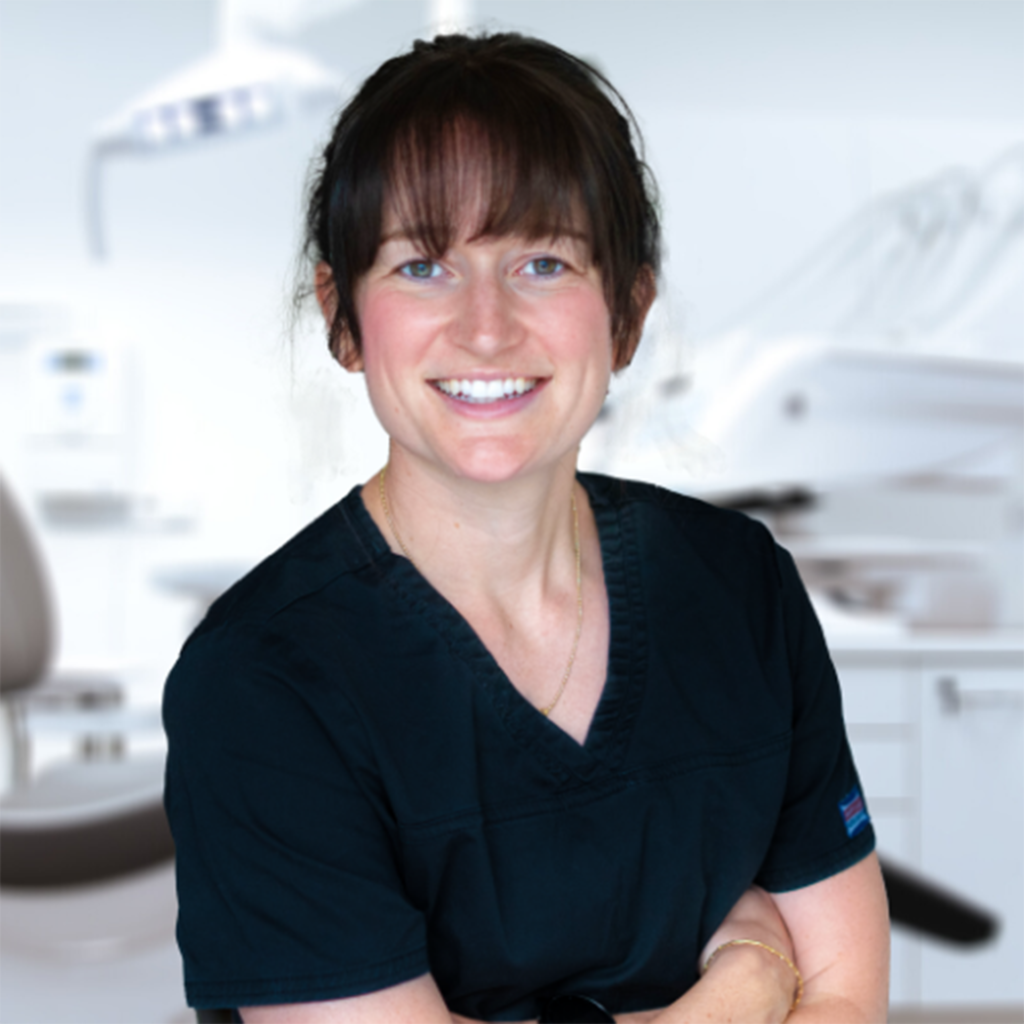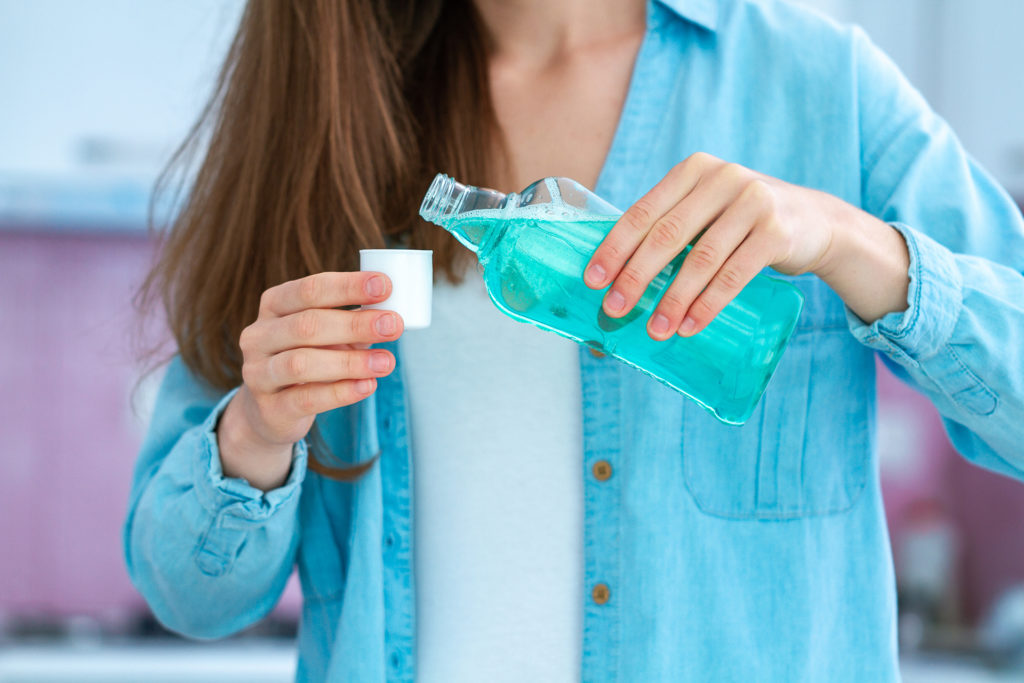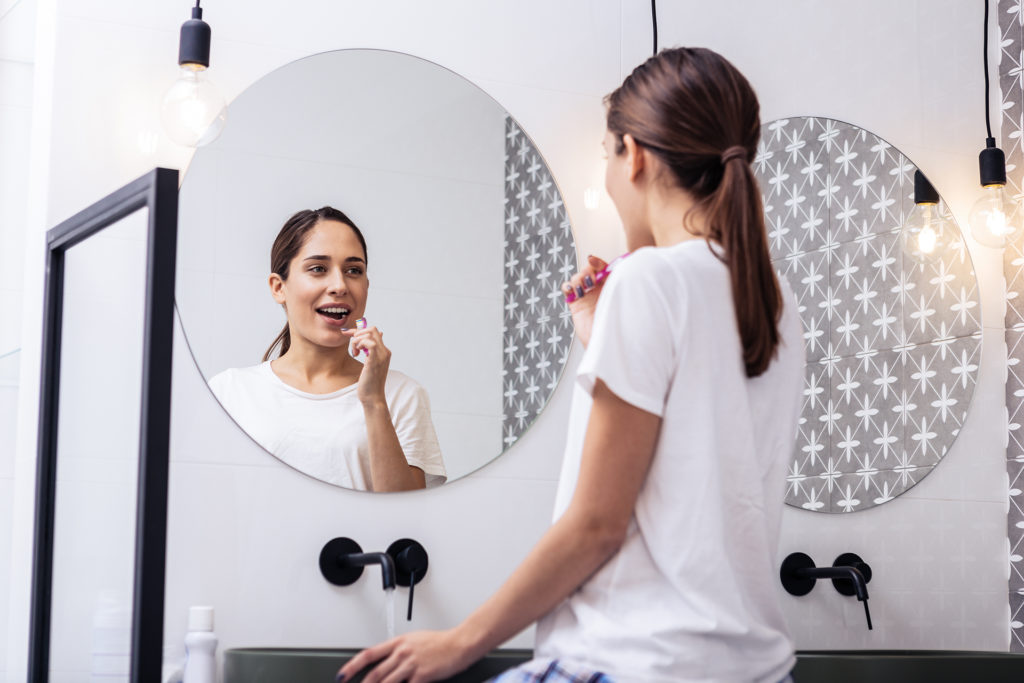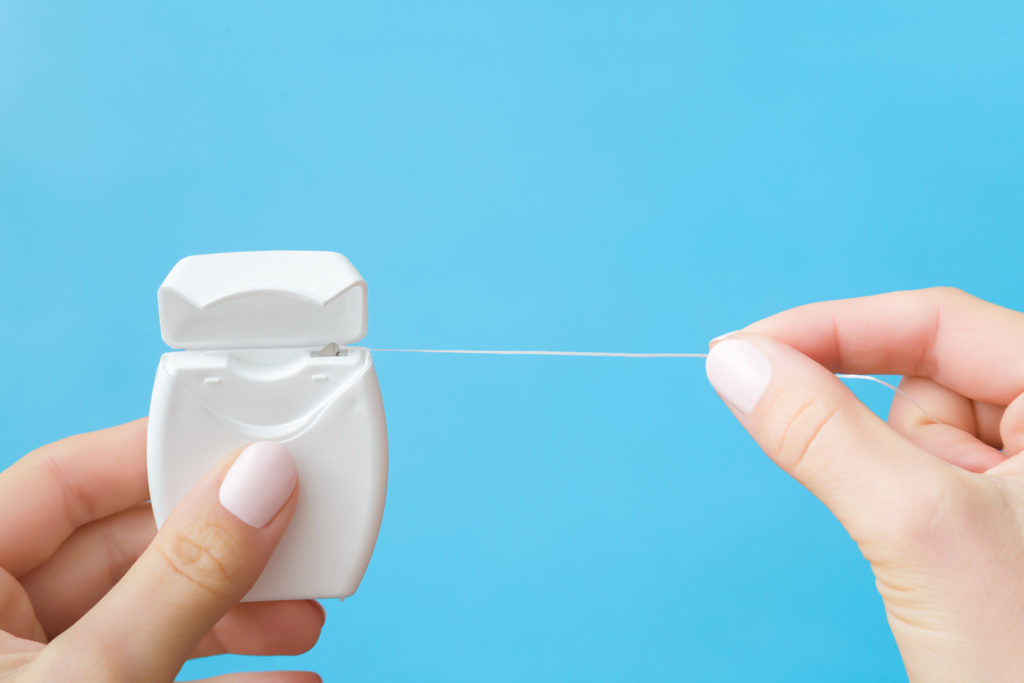Are You Up To Date With Your Oral Health?
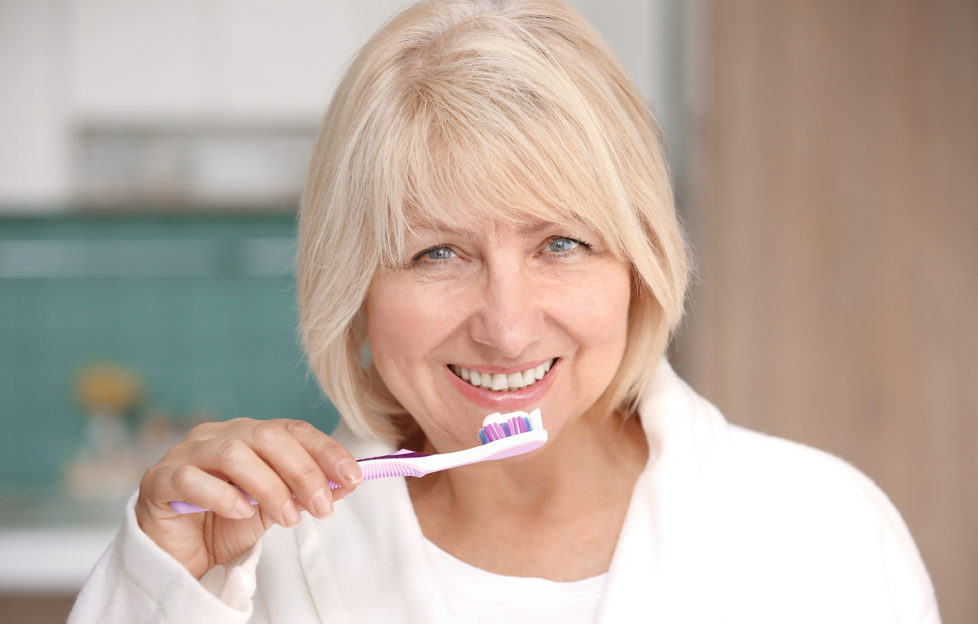
- It’s time to brush up on our oral care skills: new research into 2,000 UK adults’ brushing habits revealed that 41% of us are not changing our toothbrush regularly enough.
- Two fifths of us are taking active steps to improve our health, but oral health is being left behind due to a lack of awareness of the link between good oral hygiene and overall health.
- One simple change that we can make to improve our oral health is changing our toothbrush every three months or after being unwell.
- Dental hygienist Hannah Young shares expert advice on the importance of maintaining a good oral health routine.
New research reveals that we are at risk of oral health problems as we are not following simple steps to maintain a healthy oral health routine such as regularly changing our toothbrush, flossing or using mouthwash. Although the current pandemic has led over half of the population (53%) to reconsider their attitude to health and take active steps to improve it (41%), the same attention is not being paid to oral health.
The WHO states that our mouths shouldn’t be considered in isolation from the rest of the body, with oral issues sometimes linked to wider problems such as diabetes, cardiovascular disease, respiratory disease and even dementia.
One simple step we can take to improve our oral health is regularly replacing our toothbrush if bristles are frayed, as they can damage our gums. Public Health England recommends replacing your toothbrush every one to three months, yet findings revealed that two fifths of us (41%) admit to only doing this twice a year or less. This can impact how effectively we are cleaning our teeth with research proving that a new toothbrush will clean 95% better. The research also reveals that almost two-thirds (62%) would not consider changing their toothbrush after being unwell.
Hannah Young, Dental Hygienist and Colgate ambassador comments: “For the majority of people, brushing twice a day for two minutes is routine, but what’s missing is how often they replace their manual toothbrush. This is worrying as it’s so important to your oral health – brushing with damaged bristles can mean you’re not reaching those important areas which leave you with plaque accumulation and risk of cavities and gum problems.
“It is also important that we replace our toothbrush after a cold, cough, or fever as the germs can live on toothbrush bristles and a moist environment is a perfect breeding ground for bacteria. It’s an easy and inexpensive step to take that will help look after both our mouth health and overall health.”
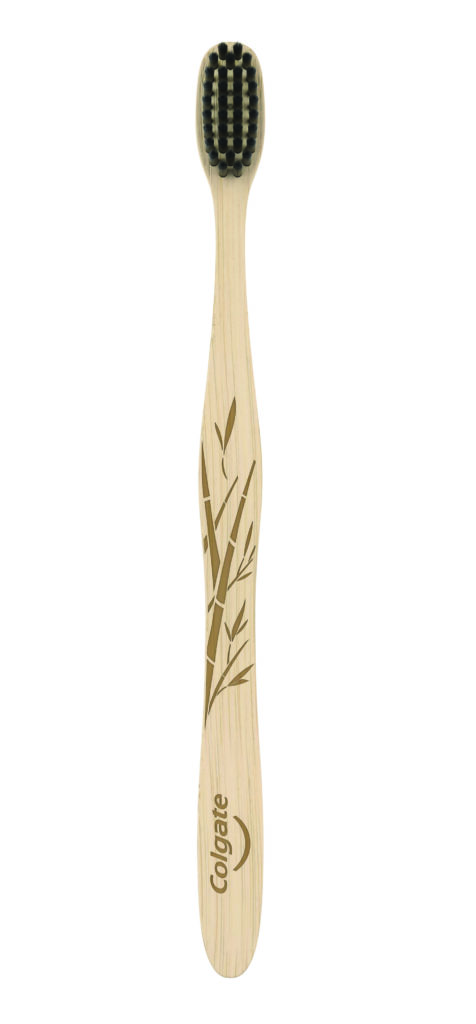
Colgate Charcoal Bamboo Toothbrush, available in Boots for £4.00.
In addition to brushing twice a day for two minutes, there are other factors we should consider when it comes to improving our oral health routine. The research found that over a quarter of us don’t incorporate mouthwash (27%) or flossing (39%) into their everyday routine. It’s important that we use floss and mouthwash as they remove bacteria from those hard to reach areas of the mouth that your toothbrush can’t get to.
Additionally, toothpastes and mouthwashes that include active antibacterial ingredients can reduce the build-up of bacterial plaque and reduce the level of microbes in the mouth for whole mouth health.
Hannah’s Top Oral Hygiene Tips
Brush up!
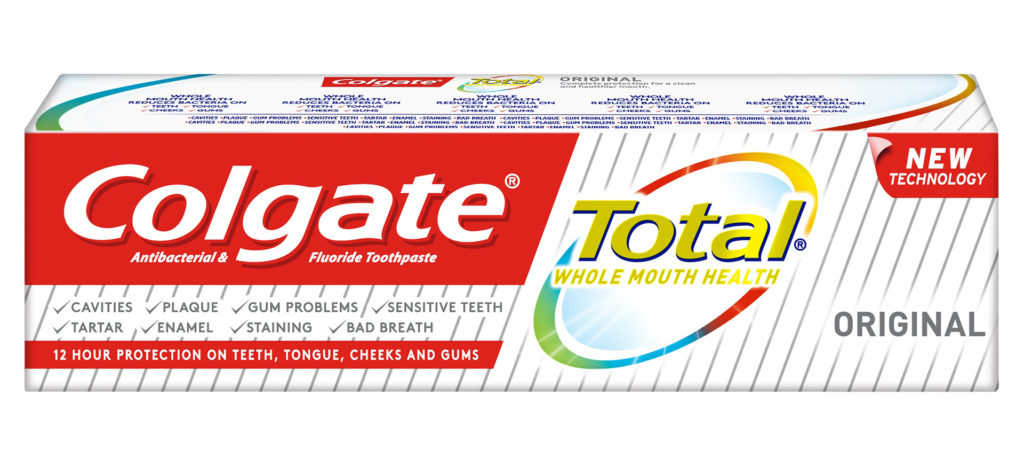
Colgate Total Original Toothpaste, available in Superdrug for £1.98 (was £3.99).
- Brush twice a day – one being last thing at night before bed – with an antibacterial fluoride toothpaste which not only helps prevent tooth decay but also helps to fight bacteria on your teeth, tongue, cheeks and gums.
- Use a small headed toothbrush with soft to medium bristles for proper plaque removal and easier access to difficult to reach areas such as the back of the mouth. Remember to brush the gum line as well as all tooth surfaces, not forgetting the insides and biting surfaces.
Spit It Out
- By not rinsing after brushing, fluoride levels remain in the mouth protecting the tooth surfaces for longer. Brush as normal, spit out the excess and leave any remaining paste without rinsing.
Your one-minute warning
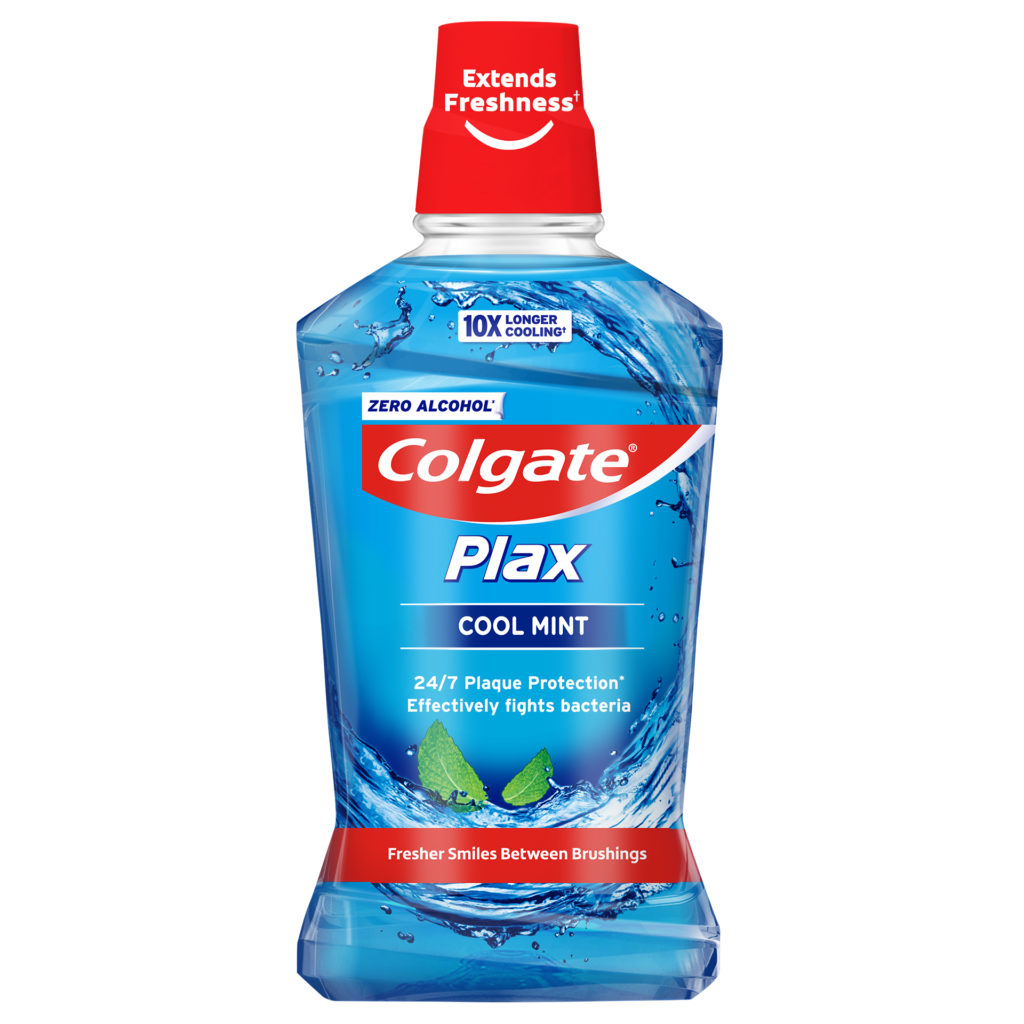
Colgate Plax Cool Mint Blue Mouthwash, available in Tesco for £1.99.
- A daily fluoride mouthwash is a good fluoride supplement. Be sure to rinse for one minute at a different time to brushing so you’re not diluting the effects of the toothpaste.
Tooth to toe health
- Change your toothbrush regularly. Every 3 months, or after being ill, as bacteria can live on in moist bristles. This is an inexpensive and easy step to take that will help look after both your mouth health and overall health.
Up, down, side to side and in between
- Cleaning in between your teeth is just as important as brushing so make it part of your daily routine. Bacteria builds up between your teeth where it is almost impossible to reach, and flossing or interdental brushing disturbs these bacteria, reducing the risk of decay or gum related problems and promoting whole mouth health.

